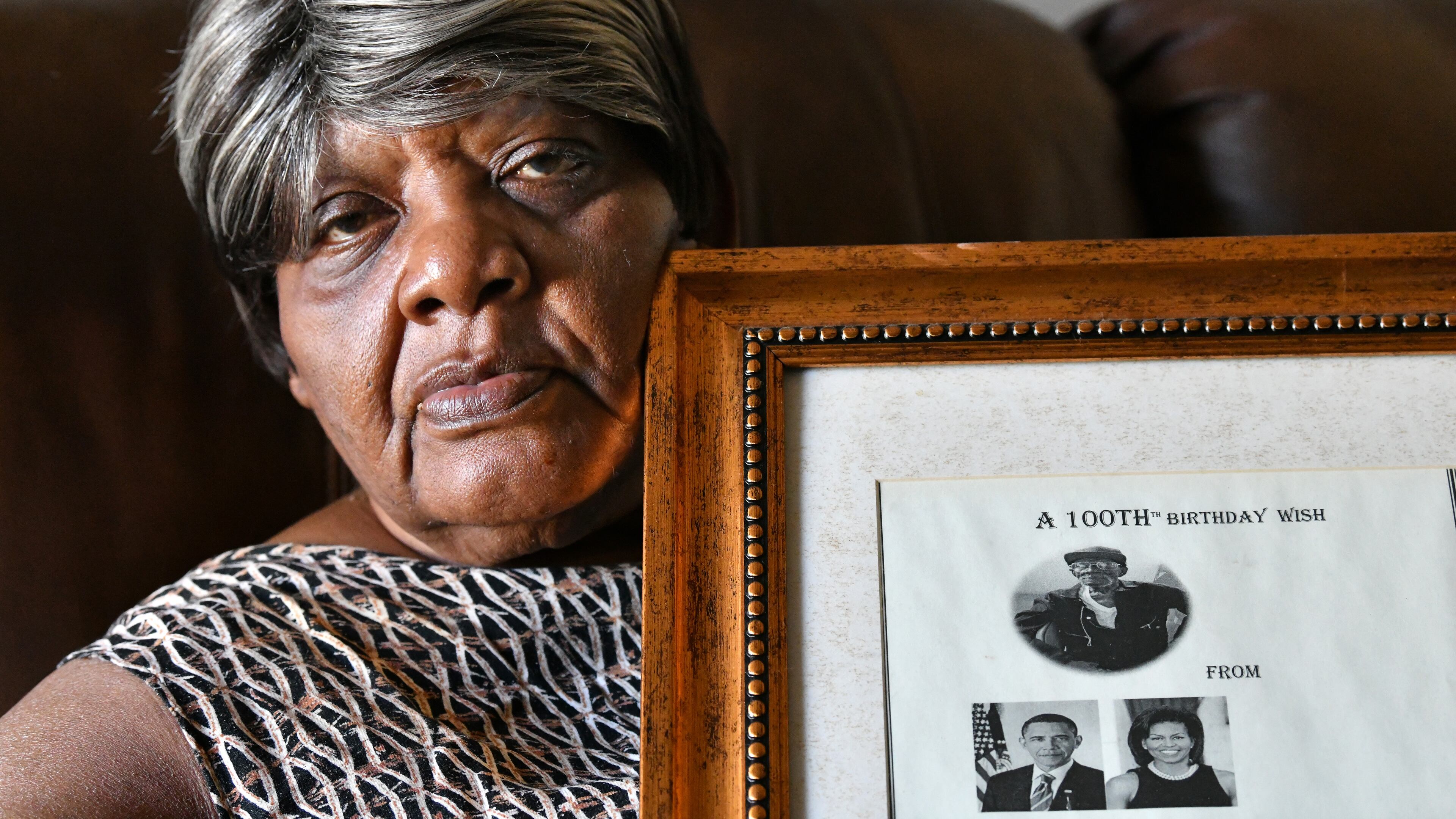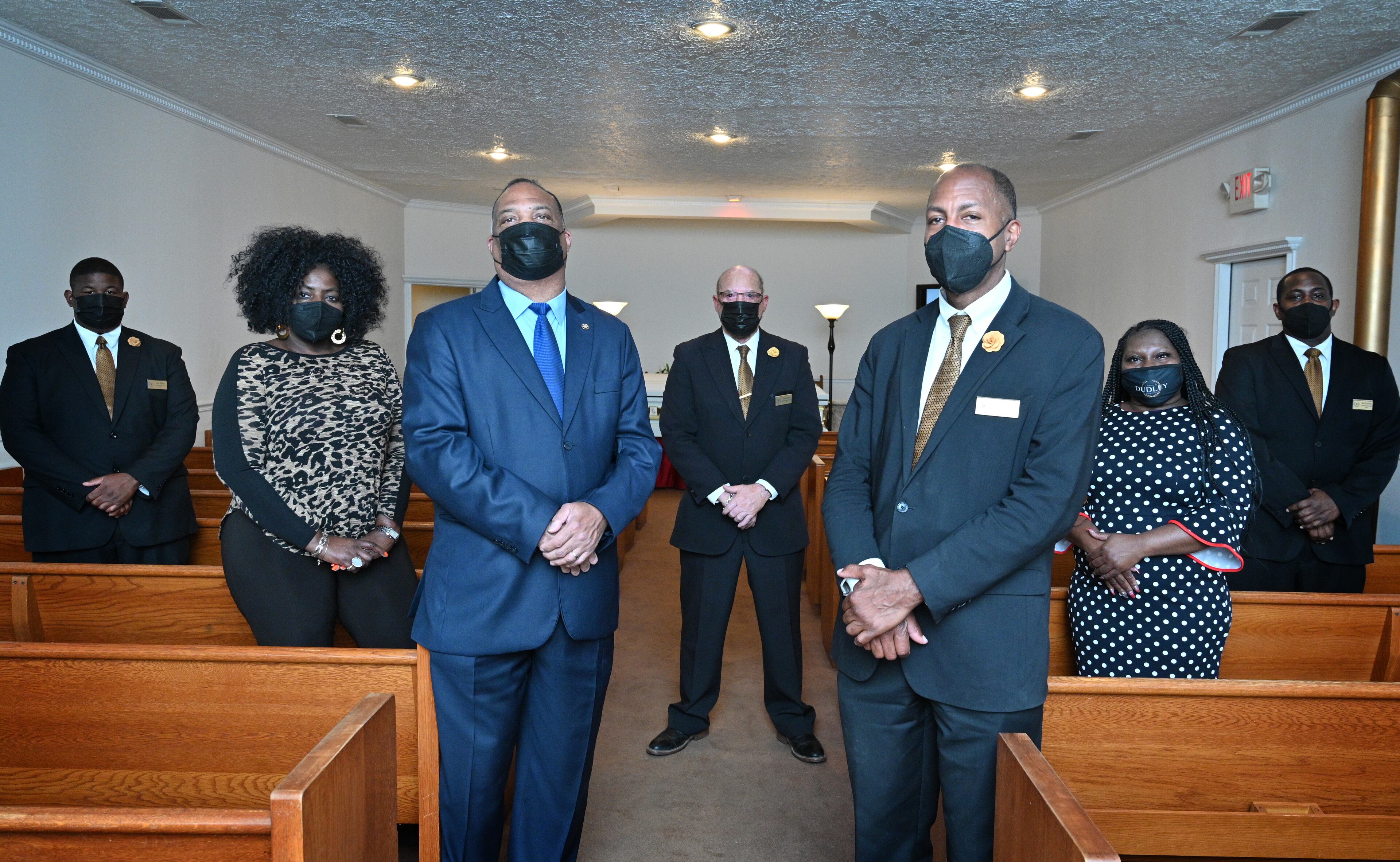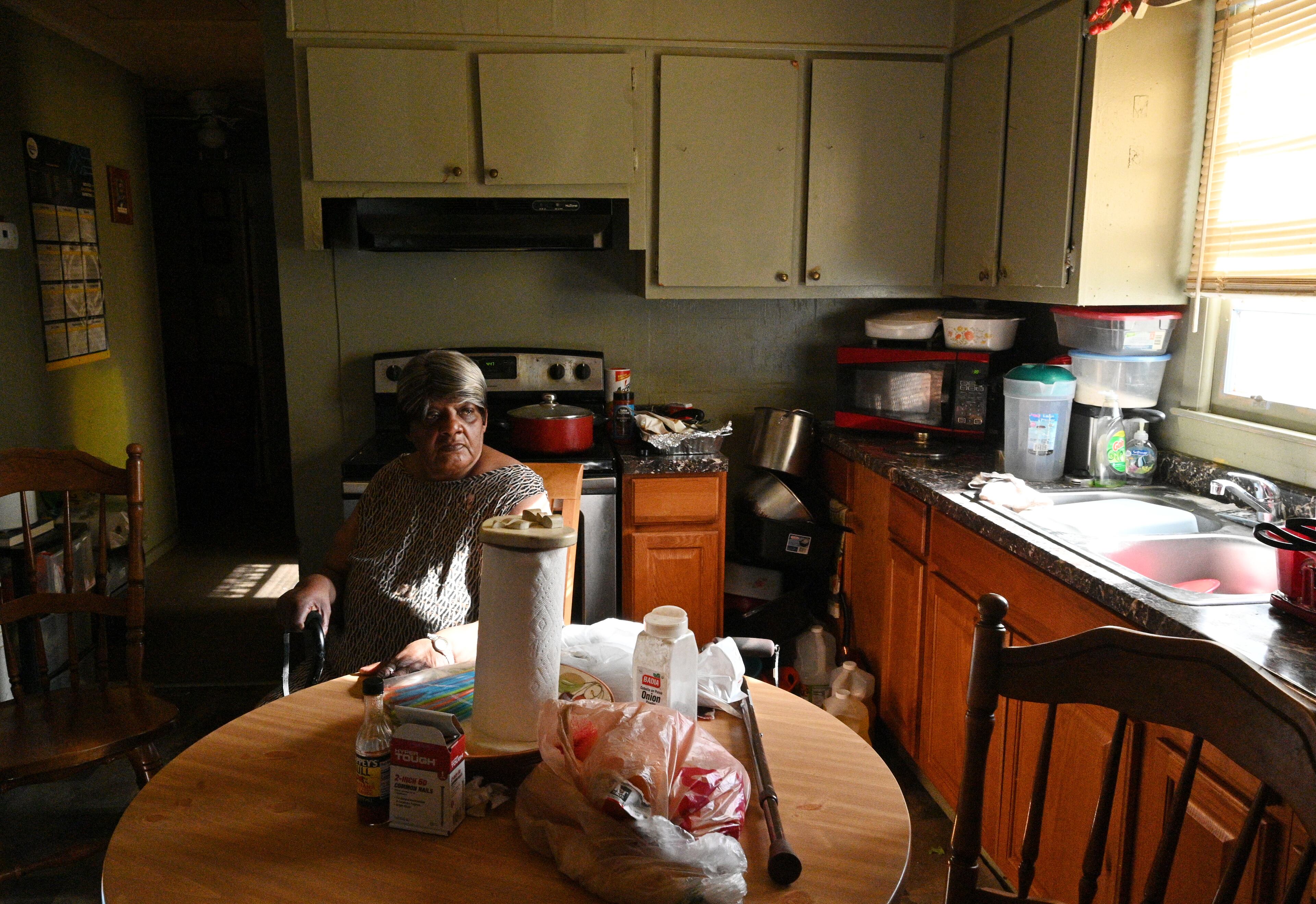23 deaths in 21 days

The second COVID-19 surge arrived with a vengeance inside a long-term care facility in Dublin, a city of about 15,000, midway between Atlanta and Savannah.
It was the middle of summer, and Dublinair Health and Rehab seemed to have dodged the virus all spring. But in August, the home was turned into a deadly COVID-19 battle zone — a battle the facility quickly lost. In just two weeks, almost every resident had tested positive. Over just 21 days in August, the facility reported 23 resident deaths. More than one a day.
Charlie Coleman was among those who died. At 106, he was one of the oldest people in Georgia to be claimed in the pandemic’s first year, the AJC found.
Coleman spent his life working on farms and had lived with a daughter, Ruby Jackson, in Wrightsville until he reached 105. Jackson said that from the time he turned 100, Coleman rode on a wagon in a parade every year on July 4th, his birthday. But his health worsened, and he needed more care than he could get at home. So he moved into Dublinair. Bed after bed at the nursing home was empty by the time August arrived. A former lunch lady died, a retired nurse was lost, a gospel singer, a railroad engineer and so many more who had lived at Dublinair — they took their final breaths within days of testing positive for COVID-19.
The pandemic’s surge well beyond the facility became evident last summer. Dudley Funeral Home, which has been operating in Dublin for a century and helped lay Coleman to rest, usually does five or six funerals a week. But in August and September, it was handling two or three services a day, said Carl Pearson, Dudley’s director of client services. And no funeral during the pandemic is an easy one, he said.

Families are struggling. Many were barred from seeing their relatives in hospitals or nursing homes. They couldn’t have big funerals. They couldn’t get hugs, or give them. Supply shortages meant the casket or urn they planned for simply wasn’t available anytime soon, Pearson said, and sometimes graveside services had to be delayed. Too many deaths mean even cemeteries become busy.
Family after family held off on doing any kind of memorial, assuming it would soon be safe to gather. “We have a super long list of people who are planning indoor memorial services for the spring,” Pearson said. “It’s probably going to be delayed again.”
Death may be their business, but the large number of deaths and the types of deaths that Pearson and his colleagues have dealt with are not easy, even for a funeral home. He doesn’t want to see another surge. “The whole scenario where the phone just keeps ringing and you’re not sure you can accommodate people the way they expect to be accommodated,” he said, “that’s the psychologically draining thing for us.”




